|
Most of the world maps we use, regardless of projection, offer roughly the same perspective: dividing the globe near the International Date Line and putting the equator more or less in the middle. This map provides an unusual perspective with Antarctica in the center. www.reddit.com/r/MapPorn/comments/8hn1ow/antarcticcentric_world_view/
0 Comments
The divvying up of water is a knotty geopolitical issue and one students in my "Mission Possible: Global Issues, Leadership Choices" had to contend with recently. This article about the impact of China's proposed Sambor dam on the Mekong River highlights the problems: in this case, hydroelectric power for some countries, restricted water and destruction of fisheries for other countries. www.scmp.com/news/asia/southeast-asia/article/2146611/china-backed-plan-mekongs-biggest-dam-would-devastate
When people hear "Wisconsin," they often think "cheese." But they should think "ginseng" as well. Although American ginseng is native to Appalachia, a single county in north-central Wisconsin (Marathon County, county seat: Wausau) grows more than 90% of the country's ginseng, about 85% of which is exported to China (for more than $30 million in 2017). Because ginseng is naturally found in forests, cultivated ginseng is grown under screens that approximate dappled sunlight.
The red dots on this map of the contiguous United States are military bases. cdoovision.com/wp-content/uploads/2018/01/map-of-all-us-military-bases-16701444809042849-18f170f042-z.jpg
This article in Philosophy Now (UK) begins with Aristotle's three categories of friendship -- friendship of utility, friendship of pleasure, and friendship of the good -- and expands these ideas to consider more closely our modern tangle of "friendships," from cyber friends to frenemies philosophynow.org/issues/126/Contemporary_Friendships
When I saw the recent remake of Murder on the Orient Express, I found the computer-generated mountain scenes annoying, but I was curious about the terrain of the actual Balkans. This map presents the topography of the southern Balkans. (The route of the Orient Express, not surprisingly, avoids the major mountains.) upload.wikimedia.org/wikipedia/commons/thumb/b/b6/Balkan_topo_en.jpg/657px-Balkan_topo_en.jpg
Next Tuesday, May 29, is likely to be the best day (or night, actually) to witness the annual spawning of the horseshoe crabs in Delaware Bay. For millions of years, horseshoe crabs have been returning to shores along Delaware Bay to spawn en masse at high tide the night of the full moon in late May or early June, which this year is May 29. To read more about the spawning, see, for example, www.washingtonpost.com/lifestyle/travel/millions-of-horseshoe-crabs-spawn-on-the-shores-of-delaware-bay-each-year-heres-how-to-see-them/2018/04/26/496a8efa-3daf-11e8-974f-aacd97698cef_story.html
Last week, the U.S. opened its controversial new embassy in Jerusalem. Eighty-six countries with diplomatic missions in Israel received invitations to attend. This map shows which countries decided to send representatives to mark the occasion. infographic.statista.com/normal/chartoftheday_13851_who_attended_the_us_embassy_opening_in_jerusalem_n.jpg
I recently went looking for this country comparison for one of my "Mission Possible: Global Issues, Leadership Choices" classes and thought the data was interesting enough to share. The horizontal axis shows a country's average years of education; the vertical axis shows its GDP per capita. The resulting graphic makes it easy to spot countries that are underperforming economically relative to their education levels (mostly in Eastern Europe) and those that are exceeding the economic norm for their level of education (e.g., Australia, Denmark, Sweden). If you click on the link, you can mouse over each country's dot to see the actual numbers. plot.ly/~alexandre.afonso/643.embed
According to a new study, when transportation and travel-related services (e.g., hotels, restaurants, tourist shopping) are accounted for, tourism accounts for 8% of global greenhouse gas emissions. (The accompanying map shows commercial air routes as of 2009.) www.sciencenews.org/article/tourism-carbon-footprint-earth
Despite soaking rains in parts of the country, much of Texas, Oklahoma, Kansas, Colorado, and the Southwest are still experiencing severe drought. Analysts expect cotton and wheat crops may be compromised by spring droughts in these areas. This map is from the University of Nebraska's drought monitor project and is updated weekly: droughtmonitor.unl.edu/
This article teases apart the difference between instrumental suffering (pain to achieve some future payoff) and pointless suffering and reviews Scott Samuelson's new book, Seven Ways of Looking at Pointless Suffering: What Philosophy Can Tell Us about the Hardest Mystery of All.
"[H]ow should we comport ourselves towards the senseless losses and injustices that inevitably find their way into a human life? ...This is the paradox and project at the heart of Scott Samuelson’s excellent Seven Ways of Looking at Pointless Suffering. As the title indicates, it is organised around seven philosophical figures or traditions that tackle the problem of meaningless suffering. The first three exemplify what the author sums up as the “fix it” and “face it” approaches, represented by three pivotal figures in modern philosophy: John Stuart Mill, Friedrich Nietzsche and Hannah Arendt. The second half of the book goes back in time to examine four distinct cultural traditions that respond directly to the problem of suffering: the Book of Job in the Bible; Stoicism in ancient Greece and Rome; Confucianism; and the African American blues tradition. "Samuelson argues that pointless suffering is not simply an accidental hazard of living but an essential ingredient of human life. ...This brings us to another paradoxical dimension of Samuelson’s project: if meaningless suffering, as he insists, is constitutive of a human life, if it is inescapable and ineluctable, then we must reconcile ourselves to this fact with as much grace and resilience as possible. And yet, at the same time, we cannot simply roll over and accept suffering if and when we are able to intervene. The cancer should be treated; the child should be saved. Samuelson argues that we must both fight against and face up to pointless suffering. ... "Another great merit of Samuelson’s insightful, informative and deeply humane book is that it is a genuine pleasure to read. Herein lies a final challenge to the reader: after luxuriating in his reflections, we must close the book and return to daily life with renewed determination and courage to apply its lessons." www.timeshighereducation.com/books/review-seven-ways-of-looking-at-pointless-suffering-scott-samuelson-university-chicago-press#survey-answer Although the Taliban remains the primary insurgency in Afghanistan, the U.S. military is re-engaging the Islamic State in Afghanistan's Momand Dara district, near the Pakistan border, where the Islamic State is seeking to expand its territory. Momand Dara includes the city of Torkham, which is the busiest crossing point between Afghanistan and Pakistan.
gdb.rferl.org/10935180-448D-47E3-A019-E98D8D35840E_w650_r0_s.png Interested in reading -- or re-reading -- classic literature for free? Project Gutenberg has tens of thousands of pre-1920 choices available for download to most e-readers, making it a compact way to take the classics, from Dickens to Dumas, with you as you travel. www.gutenberg.org/
Dotting the Pacific Ocean are dozens of islands, some independent, some joined in federation, and many administered by larger countries. This map illustrates the complex political geography of the Pacific and Oceania.
upload.wikimedia.org/wikipedia/commons/8/8d/Oceania_Political_Map_%28EEZ_based%29.png Tomorrow afternoon (3:00-5:00 ET) the Center for Strategic and International Studies in Washington, DC, will be live webcasting a free symposium on the international community's plans for and challenges in preparing for a 21st century pandemic. www.csis.org/events/pandemic-preparedness-policy-and-practice-21st-century
This article gives visual examples of distinctive elements of Islamic architecture, from the minaret to the ogee arch to the muqarnas. mymodernmet.com/islamic-architecture
Working from Bureau of Labor Statistics data, this map identifies in which U.S. state you are likely to find a concentration of people with a particular job title. howmuch.net/articles/most-iconic-job-in-every-state
With citizens and consumers of all political persuasions increasingly ready to express their frustration via protests and boycotts, does individual participation matter? In this article, a Howard University philosophy professor argues that yes, it does -- not necessarily because of the impact our participation will have on the issue at hand but because of the impact participating, or not, has on our self-identities.
"But what if your boycott is not 'heard' by the corporation? Successful large-scale boycotts garner significant media attention. But why should one participate in a small-scale boycott that is unlikely to have an economic impact on, or to be heard by, the offending corporation? ... Wouldn’t it be more rational for me to abandon my boycott? No! Personal integrity is important. Living out and expressing our values (even if only to ourselves) is essential. Even if the corporation never hears your voice or your group’s, you will hear it. That voice needs to be one that you can respect. As a consumer, you can gain a sense of dignity in knowing that corporations can’t manipulate you with convenience and price, that you have principles that extend beyond your personal bottom line. That knowledge is invaluable." www.huffingtonpost.com/entry/opinion-hogan-boycott-starbucks_us_5ae0b553e4b04aa23f1e82e3?bx In one of my "Hands-On Geography" classes, students explore what the names of various dog breeds can teach us about geography. This topological map expands on that idea, showing which breeds originated where. i.redd.it/dj4usx5rzjk01.jpg
Camera traps are a valuable way for scientists to observe new behaviors (and even occasionally new species) without interfering with animals in the wild. But someone has to go through all that footage. You and/or your kids can be citizen-scientists, working with Chimps & See to watch footage from camera traps in 15 African countries to help biologists learn about the behavior of wild chimpanzees. www.chimpandsee.org
This map, based on data from the Tobacco Atlas and the World Health Organization, identifies Europe's heaviest smokers. Belarus, Slovenia, and Belgium come out on top while smokers in Norway and Latvia smoke the fewest cigarettes per day. jakubmarian.com/wp-content/uploads/2018/04/cigarette-consumption-per-smoker.jpg
A main concern of many governments is feeding their people. This map looks at projected changes in agricultural productivity by 2080. The impact of projected shifts in temperature and precipitation patterns suggest improved agricultural yields at higher latitudes (nearer the poles) due to warmer temperatures and a longer growing season but lower agricultural yields in many traditionally productive zones, including South Asia, most of Africa and Latin America, and the American South.
commons.wikimedia.org/wiki/File:Projected_impact_of_climate_change_on_agricultural_yields_by_the_2080s,_compared_to_2003_levels_(Cline,_2007).png This article from Conde Nast Traveler features the recommendations from 22 ambassadors -- from Austria to the U.K. -- of the one book to read before visiting their country. Some fascinating choices. www.cntraveler.com/gallery/22-ambassadors-recommend-the-one-book-to-read-before-visiting-their-country
Which are the best and worst metro areas in the U.S. for breathing? This map, based on year-round particle pollution data assembled by the American Lung Association, may contain a few surprises: www.statista.com/chart/13601/the-best-and-worst-places-to-breath-air-in-america/
|
Blog sharing news about geography, philosophy, world affairs, and outside-the-box learning
Archives
December 2023
Categories
All
|
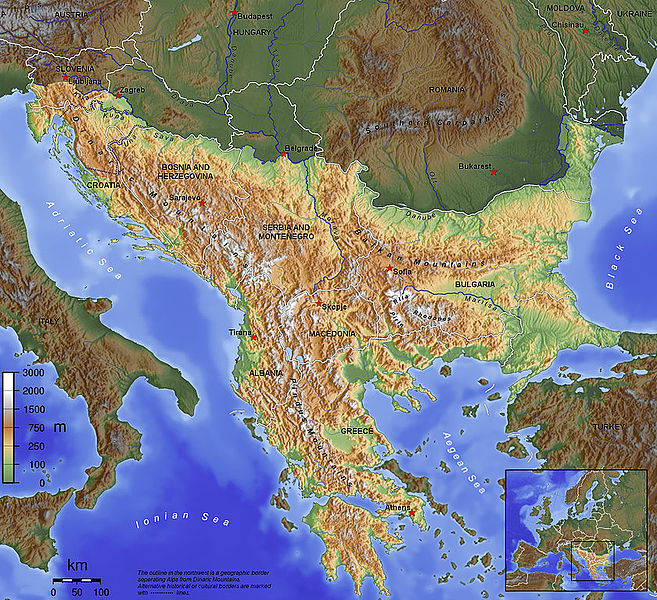
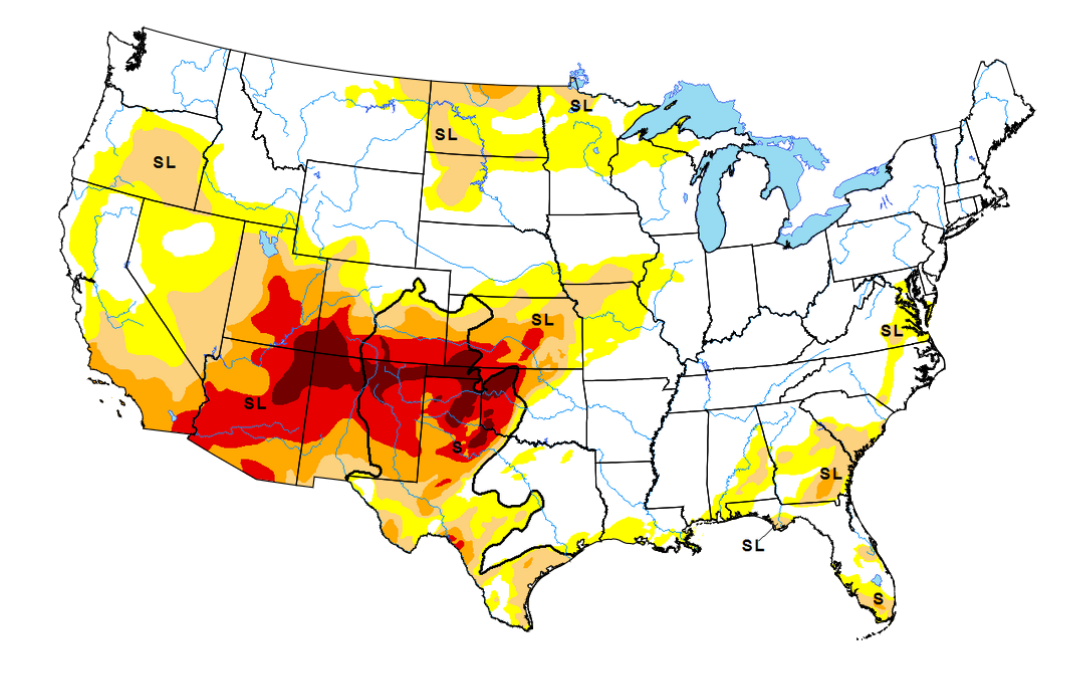

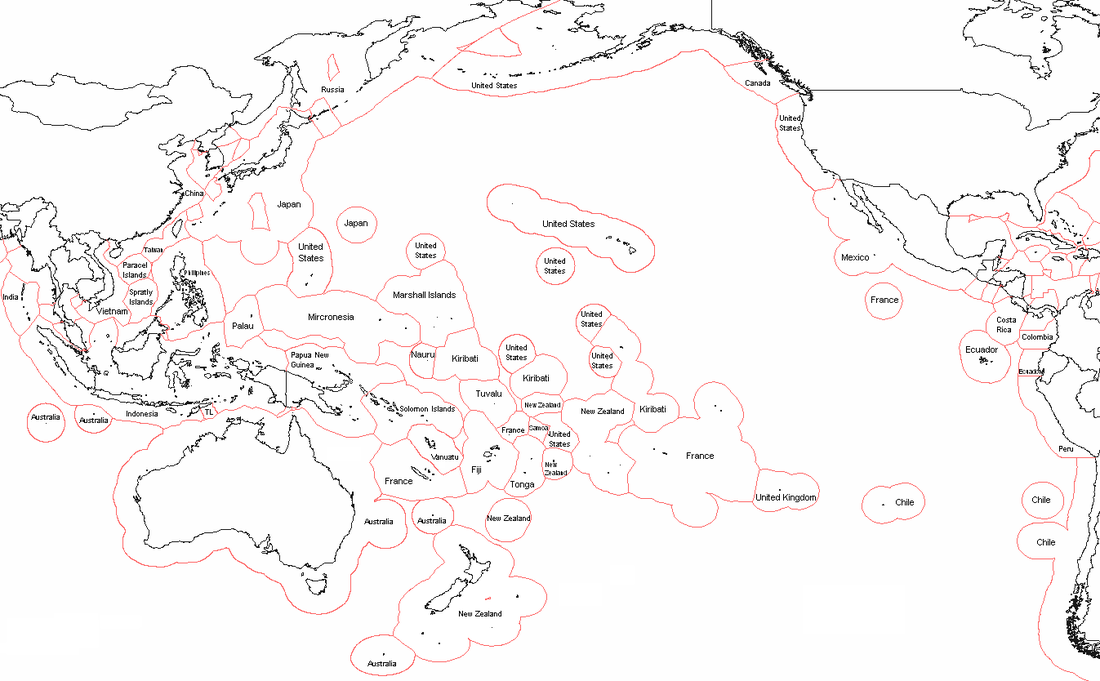
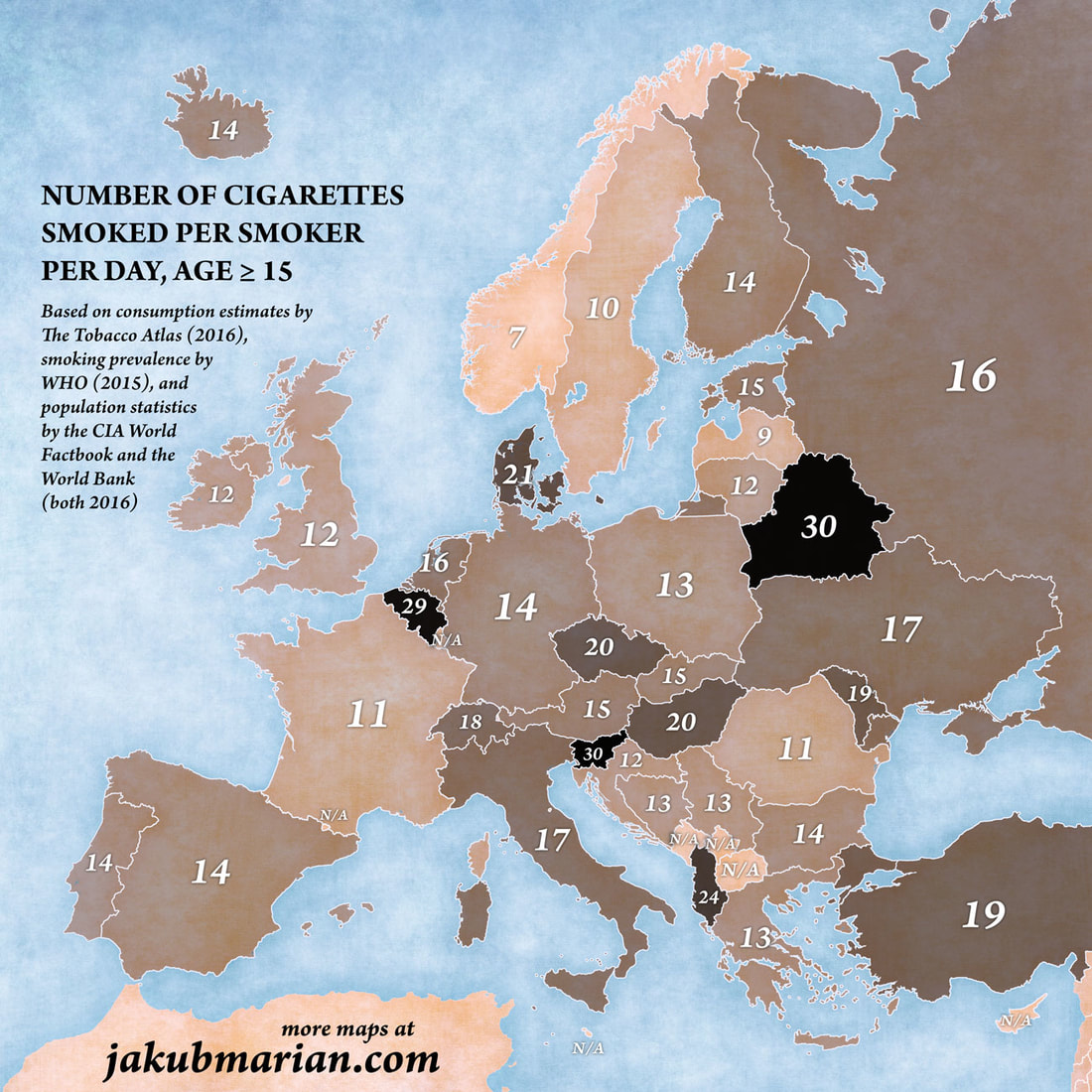
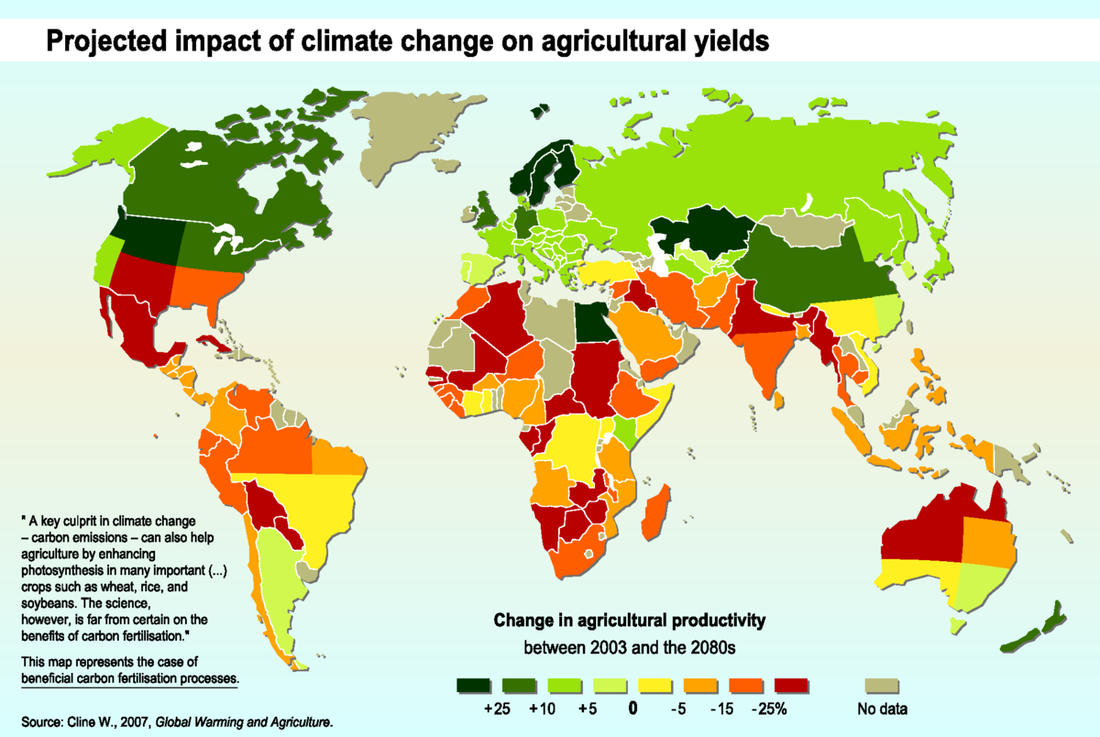
 RSS Feed
RSS Feed